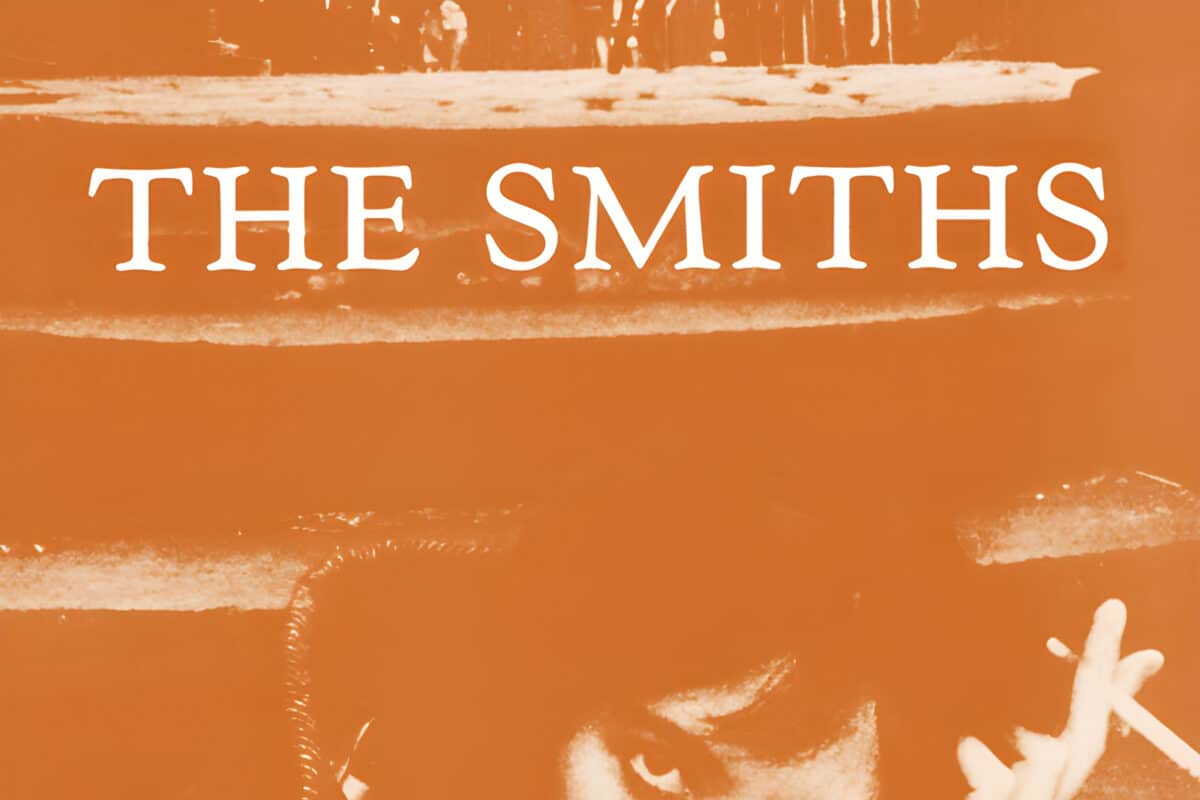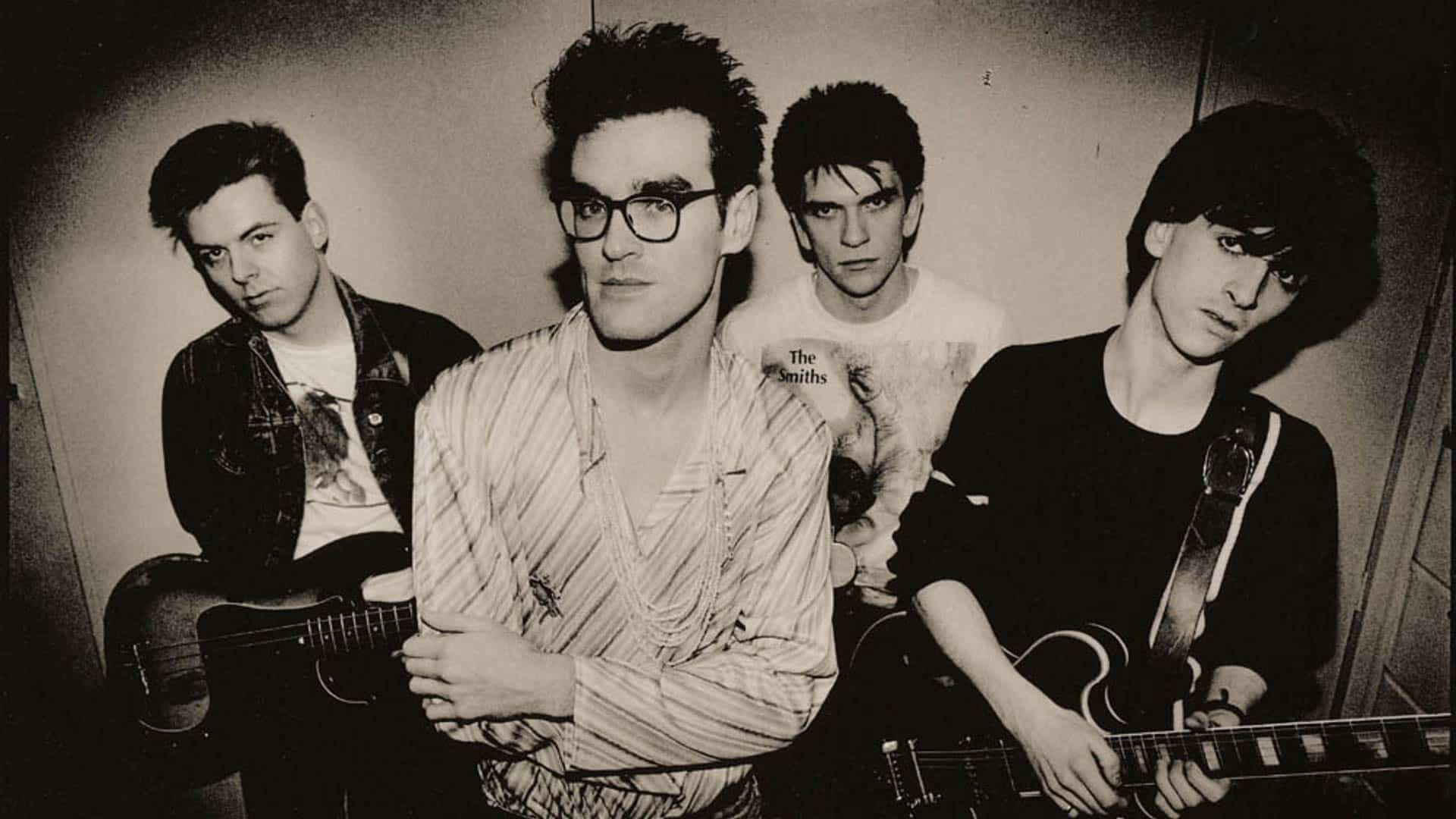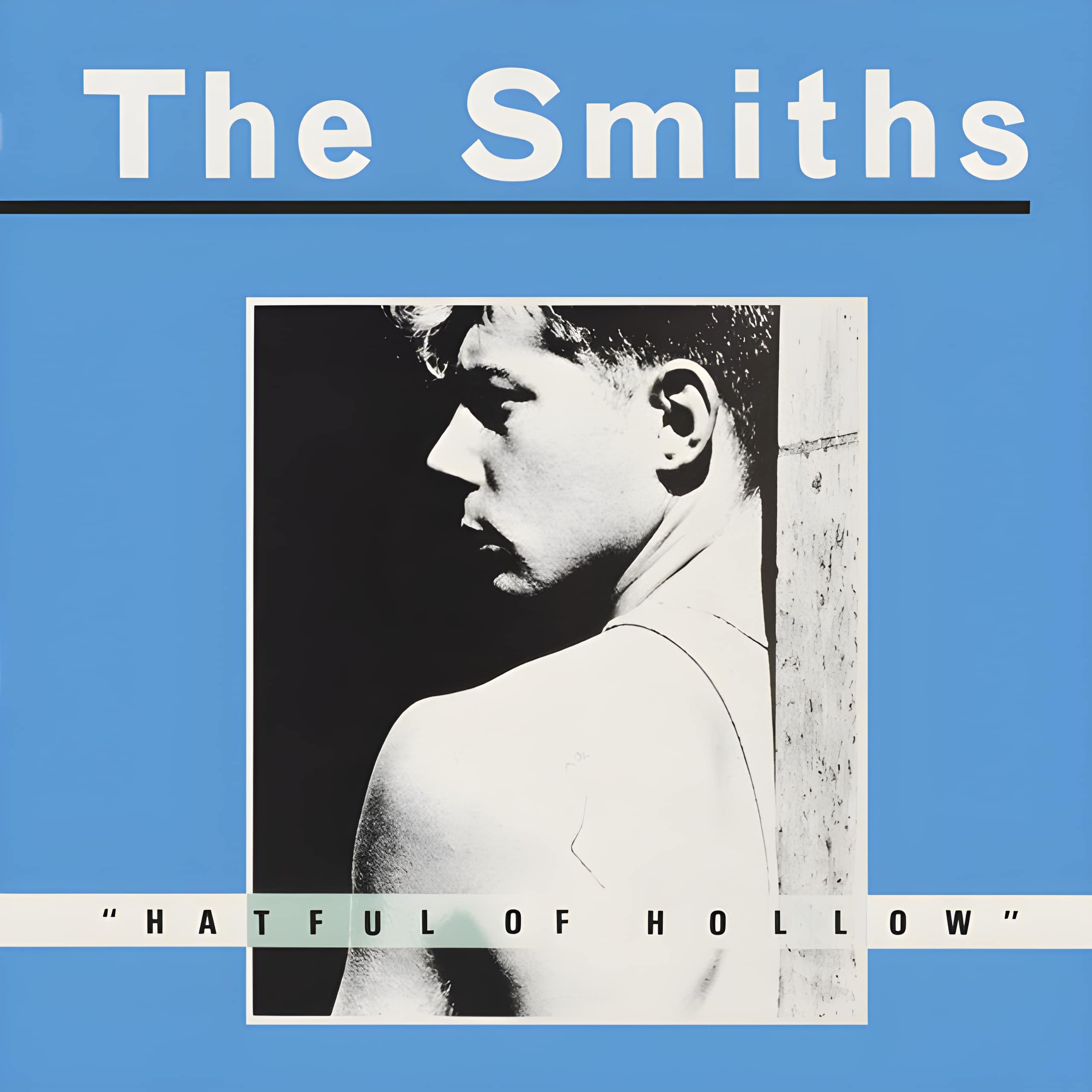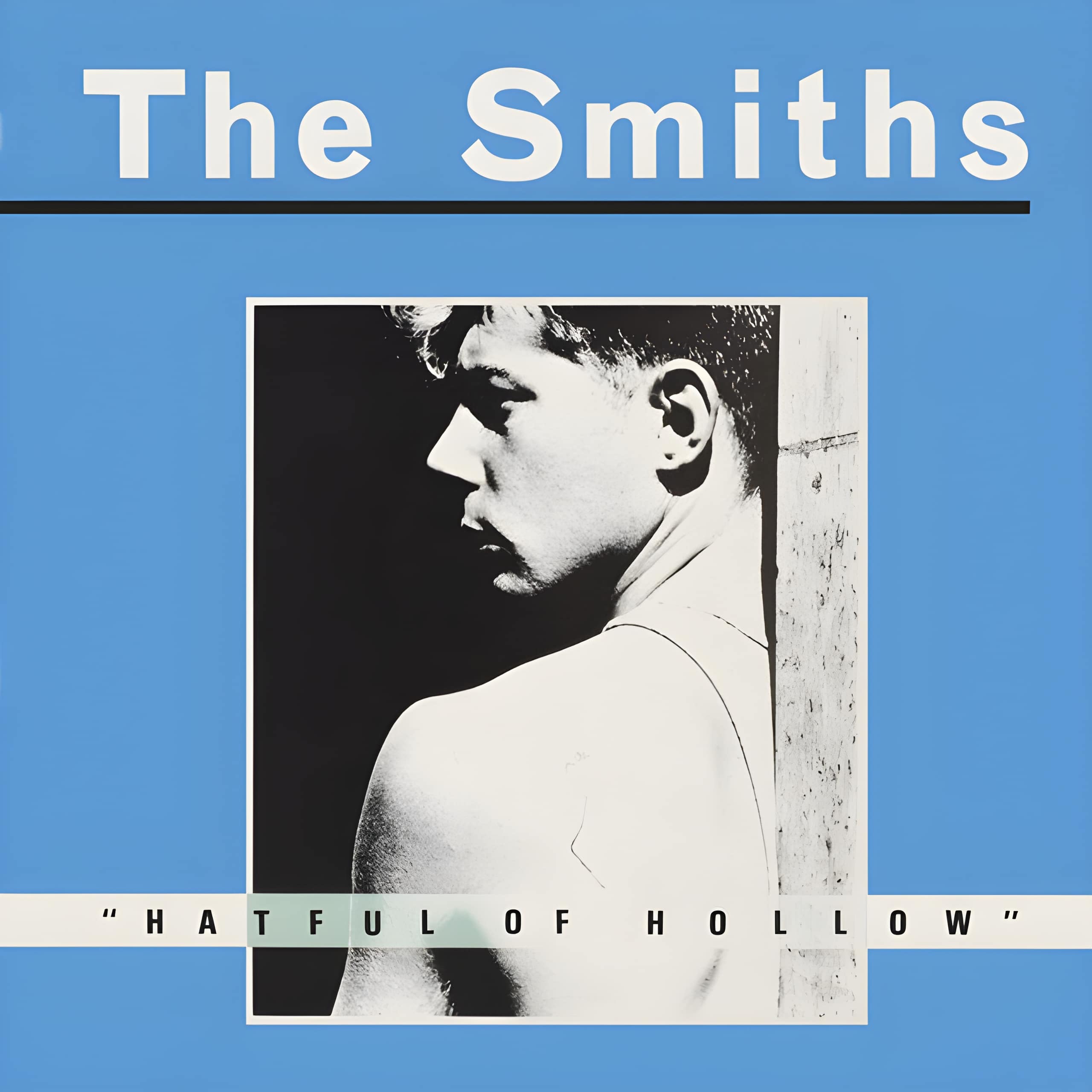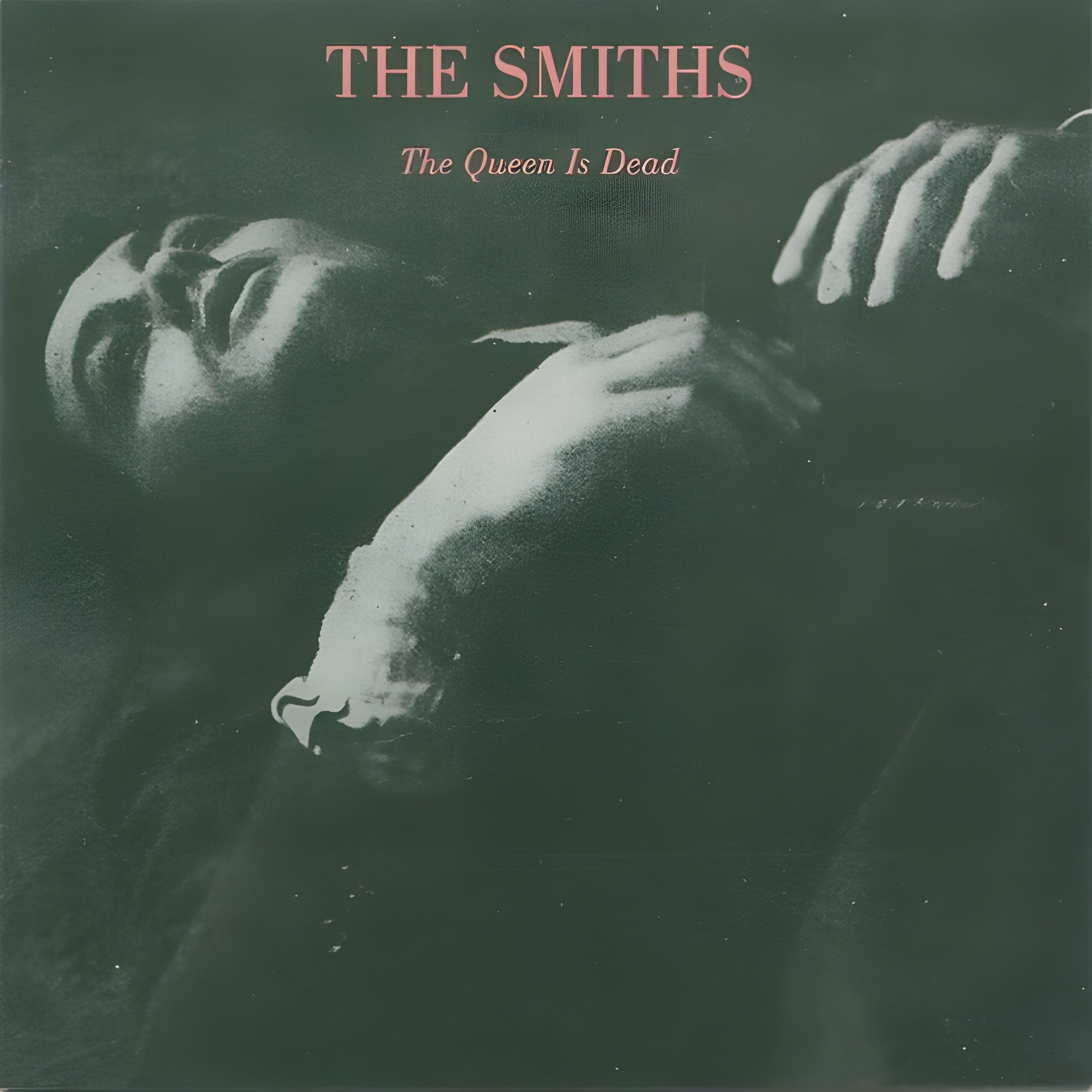Released: 1987
The song “Asleep – 2011 Remaster” by The Smiths spins a delicately haunting narrative about the desire to escape the pain of existence through eternal rest. It’s not just a lullaby but a plea for the peace found in the finality of sleep, wrapped in the melancholic embrace of Morrissey’s lyrics and Marr’s ethereal melodies. This track, a deep cut revered by fans, touches on themes of loneliness, existential weariness, and the longing for a place beyond the troubles of the real world.
The repeated lines “Sing me to sleep” hit like a hammer wrapped in velvet, encapsulating the singer’s yearning for comfort and the ultimate escape from life’s burdens. The phrase “I’m tired, and I I want to go to bed” might seem deceptively simple, yet it’s a profound declaration of fatigue not just with the day, but with the entirety of existence. The plea is for more than just a temporary respite; it’s a yearning for a permanent release from the conscious world.
When Morrissey asks to be left alone after being sung to sleep, insisting “Don’t try to wake me in the morning ‘Cause I will be gone,” it’s emblematic of a deeper, more final departure than just sleep. This isn’t about avoiding an alarm clock; it’s about not wanting to face another day. The mention of not feeling bad and the reference to “Deep in the cell of my heart I will feel so glad to go” underscores a profound sense of relief at the thought of this departure. It’s a chilling endorsement of oblivion over the struggles of waking life.
The repetition of the desire not to “wake up on my own anymore” echoes the isolation and loneliness that permeates the song. It’s a rejection of solitary existence, perhaps hinting at the absence of understanding or companionship in the singer’s life. This sentiment is deepened by the acknowledgement of another, presumably better, world—a concept that seems to offer some solace. The conviction that “There is another world, There is a better world”, repeated for emphasis, speaks to a hope or belief in an existence free of current sufferings, whether it be in an afterlife, a dream, or a metaphor for a state of mind.
The closing lines, a simple, repeated “Bye”, serve as a minimalist farewell. It’s both eerie and poignant, leaving the song on a note of finality that resonates with the listener long after the music ends. This isn’t just a goodbye to the listener but a farewell to the world—an acceptance and readiness for whatever comes next, with the hope that it’s a departure to a ‘better world’ as contemplated in the lyrics.
Through “Asleep”, The Smiths manage to craft a song that serves as a lullaby for the disenchanted, a ballad that resonates with anyone who has ever felt weary of the world. The beauty of the song lies in its ability to convey a complex mix of melancholy, peace, and a poignant yearning for escape, set against a backdrop of gorgeous, understated instrumentation. It’s a masterpiece of introspection and an unflinching gaze into the desire for solace beyond the pain of existence.
